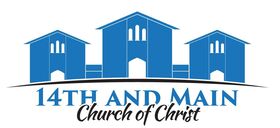|
“No servant can serve two masters; for either he will hate the one and love the other, or else he will be loyal to the one and despise the other. You cannot serve God and mammon.” (Lk. 16:13 NKJV) The Greek word translated as “servant” in this passage (oiketes) denotes a household servant. That is very interesting as each member of the church is a member of God’s house i.e., His family (1 Tim. 3:15). Jesus says it is not possible to serve two masters. This makes sense as our allegiance would be divided to the point of hating the one and loving the other, or clinging to the one and despising [to think little or nothing of] the other. A house divided against a house falls (Lk. 11:17). Furthermore, God will not accept any position but first in our hearts (Lk. 10:27-28; cf. Ex. 20:3-6). Jesus goes on to state that it is not possible to serve God and mammon [riches; treasure; wealth]. This statement is made at the end of the parable of the unjust steward (Lk. 16:1-12). When it comes to stewardship, our use of what God has entrusted us with is of critical importance. The details matter in faithfulness (Lk. 16:10). We never want to be guilty of wasting God’s goods (Lk. 16:1; cf. Mt. 25:14-30). To encourage us to be good stewards and servants, consider a few passages:
Trent Thrasher
Comments are closed.
|
Archives
July 2024
|

 RSS Feed
RSS Feed